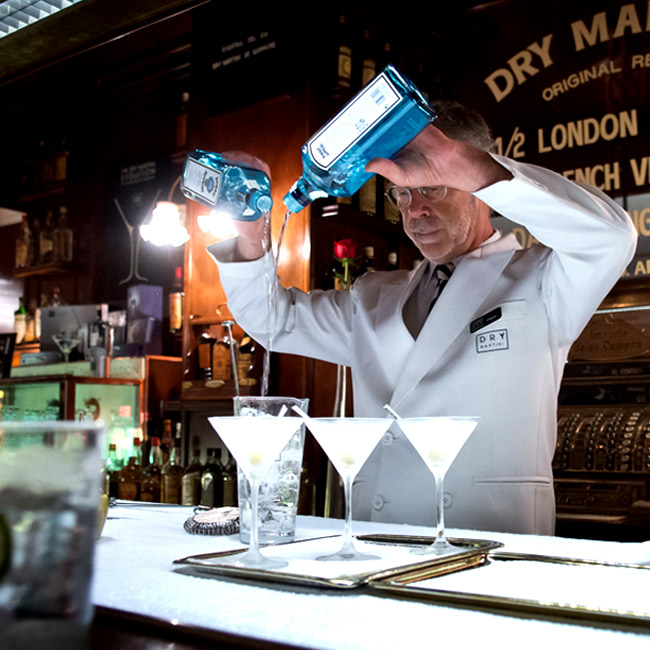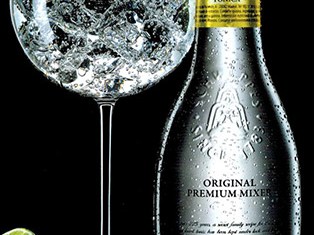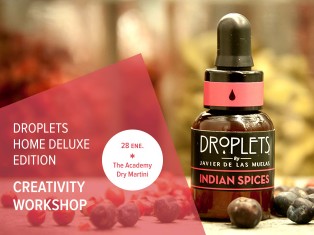Gin, a distilled of the XVII century that arrived to stay
"Gin with water is the source of all my inspiration".- Lord Byron
XVII century, Franciscus Sylvius (Franz de le Boë), a professor of medicine at the University of Leiden in the Netherlands, produced for the first time a diuretic which he called Gin. Its original formula included coriander, orange peel, lemon peel, cardamom capsules, angelica and juniper. It is very likely that the term Gin with which he coined this prescription, comes the French “genièvre” (juniper).
Thanks to the commercial expansion of the Netherlands in the seventeenth century, Gin became popular throughout Europe and especially in England.
So much, that in 1736 the English Parliament passed the Gin Law (Gin Act) to prevent uncontrolled production of poor quality, and its grave consequences for the health, and indiscriminate selling.
Distillers like Alexander Gordons, began to acquire a reputation for their product’s quality and purity. In the s. XIX you could already drink it on the premises where they served beer (the first pubs).
In 1933 gin reached its highest expression by becoming the base for many cocktails in trend of the time: Gin Fizz, Dry Martini, Gimlet, the Alexander cocktail or the Negroni.

Nowadays, the base of gin are the fermented grains distilled in 96º alcohol. The resulting liquor is colorless and with little flavor. It is in the following processes of distillates when flavored with herbs, roots and species. In almost every recipe of gin, coriander and juniper are present.
We use Bombay Sapphire to develop our king cocktail, the Dry Martini.

As Lord Byron said “gin with water is the source of all my inspiration”
There are different types of gin: the London Dry Gin, probably the best known, the Plymouth Gin, traditionally used for the Pink Gin and the Dutch Gin, usually develop from a distillate of barley or maize and may contain lower alcohol content than the London Gin.
In Dry Martini we like, instead of water, a few drops of vermouth and ice.
SUBSCRIBE TO OUR NEWSLETTER
Do you want to receive on your email all the news of DRY Martini?
Subscribe to our newsletter and always be aware!





